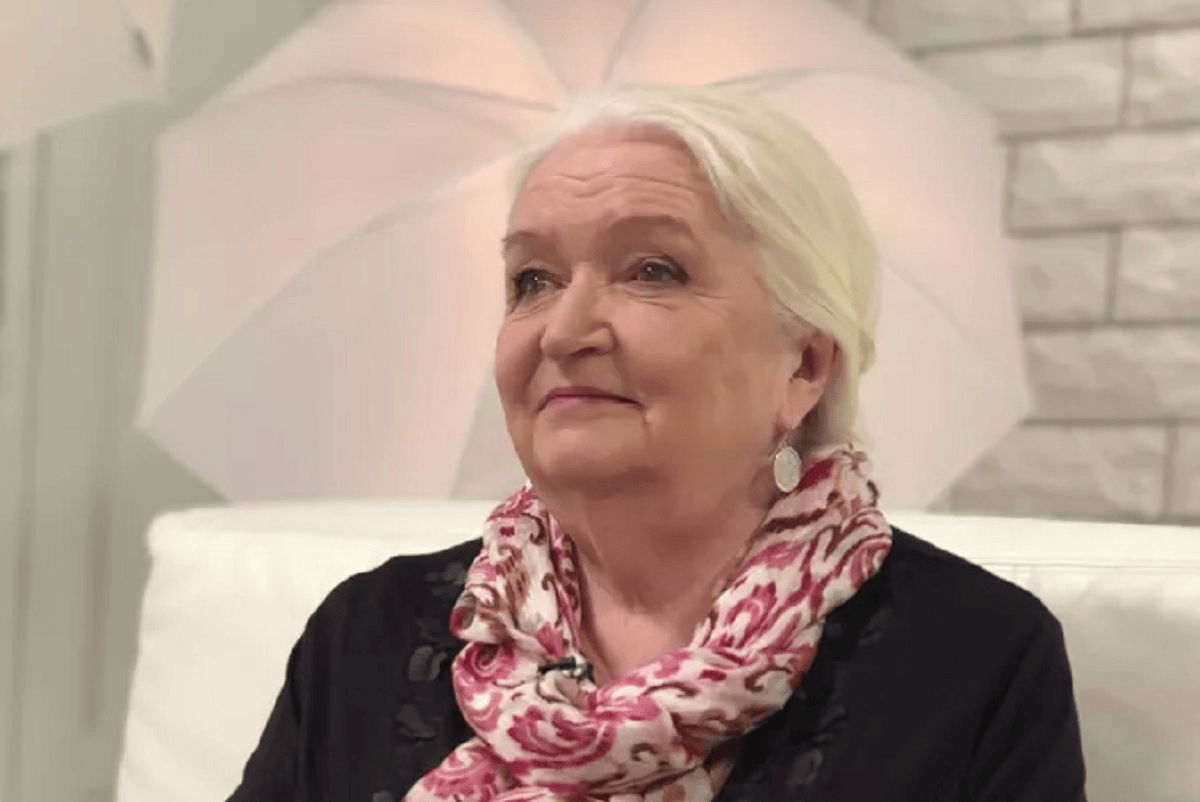RIA Novosti: Tatiana Chernigovskaya: The gap between AI and natural intelligence remains unbridged
Tatiana Chernigovskaya, Director of the Institute for Cognitive Studies at St Petersburg University and Member of the Russian Academy of Education, has highlighted that the semantic gap between artificial and natural intelligence remains unbridged. She made this observation during the "Artificial Intelligence and Consciousness" conference at the Presidium of the Russian Academy of Sciences.

"The semantic gap between artificial and natural intelligence has not yet been bridged, even though it may appear to have been. But the key word is 'yet'," said Professor Chernigovskaya.
She explained that humans are currently "the highest species" on the planet, distinguished by several characteristics that can be translated from Latin as intelligent, speaking, writing, and semiotic beings (creators of meaning).
"Language remains our biological signature; it enables us to impose some order on the world. It is not merely a matter of speaking, but of thinking. We are beings who live in a world of meanings," Tatiana Chernigovskaya emphasised.
However, in recent years, she noted, artificial systems have started to encroach upon realms such as meaning, intuition, art, and other areas that once seemed to be purely human prerogatives. For instance, AI created a photograph that won a prestigious professional competition; the AlphaGo programme defeated the world’s best Go player, Lee Sedol; and many respondents now attribute a certain level of consciousness to large language models (chatbots). It is becoming increasingly difficult for humans to distinguish between computer-generated imitation and the truth.
Yet, significant differences remain between artificial intelligence and natural intelligence.
"Artificial systems do not yet have the ability to reproduce themselves. They lack their own society—they do not communicate with each other beyond our will. They have no shared knowledge or common sense. Artificial systems are incapable of constructing their own worldview. The main issue is understanding and interpreting facts, which depends on the scientific paradigm of the researcher: data are not free from theory. Can artificial intelligence achieve this? Moreover, cognition is not confined to the brain; it also involves the body, and artificial intelligence does not yet possess a body. The human brain is a semiotic space, and humans think semantically, pragmatically, and syntactically, whereas AI thinks only syntactically. Humans are able to cope with multifactorial instability in an ever-changing world—we have mechanisms for this in our brains. But does artificial intelligence have them?" Professor Chernigovskaya noted.
If AI achieves all this and begins making discoveries like Isaak Newton or creating works of art comparable to the greatest masters of humanity, Professor Chernigovskaya asks, what will humans do?
"If we create a tool (of AI — Editor’s note) for ourselves, I have no objections: thank you very much! But if we create a 'progeny'’ for ourselves, we will have to confront a moral and ethical crisis of unimaginable proportions as soon as they acquire qualia, or what we call 'consciousness'," Tatiana Chernigovskaya concluded.
Earlier, speaking to RIA Novosti, Konstantin Anokhin, Director of the Institute for Advanced Brain Studies at Lomonosov Moscow State University, Member of the Russian Academy of Sciences, and neurophysiologist, who also spoke at the conference, stated that it may be possible to create artificial consciousness in future. However, he believes that this should not be pursued due to the risk of unpredictable consequences. Instead, he advocates focusing on the development of artificial intelligence systems that remain cognitively unconscious.
The "Artificial Intelligence and Consciousness" conference is taking place this week at the Presidium building of the Russian Academy of Sciences. The main organiser of the forum is the Scientific Council at the Presidium of the Russian Academy of Sciences on the Methodology of Artificial Intelligence and Cognitive Research of the Russian Academy of Sciences.

